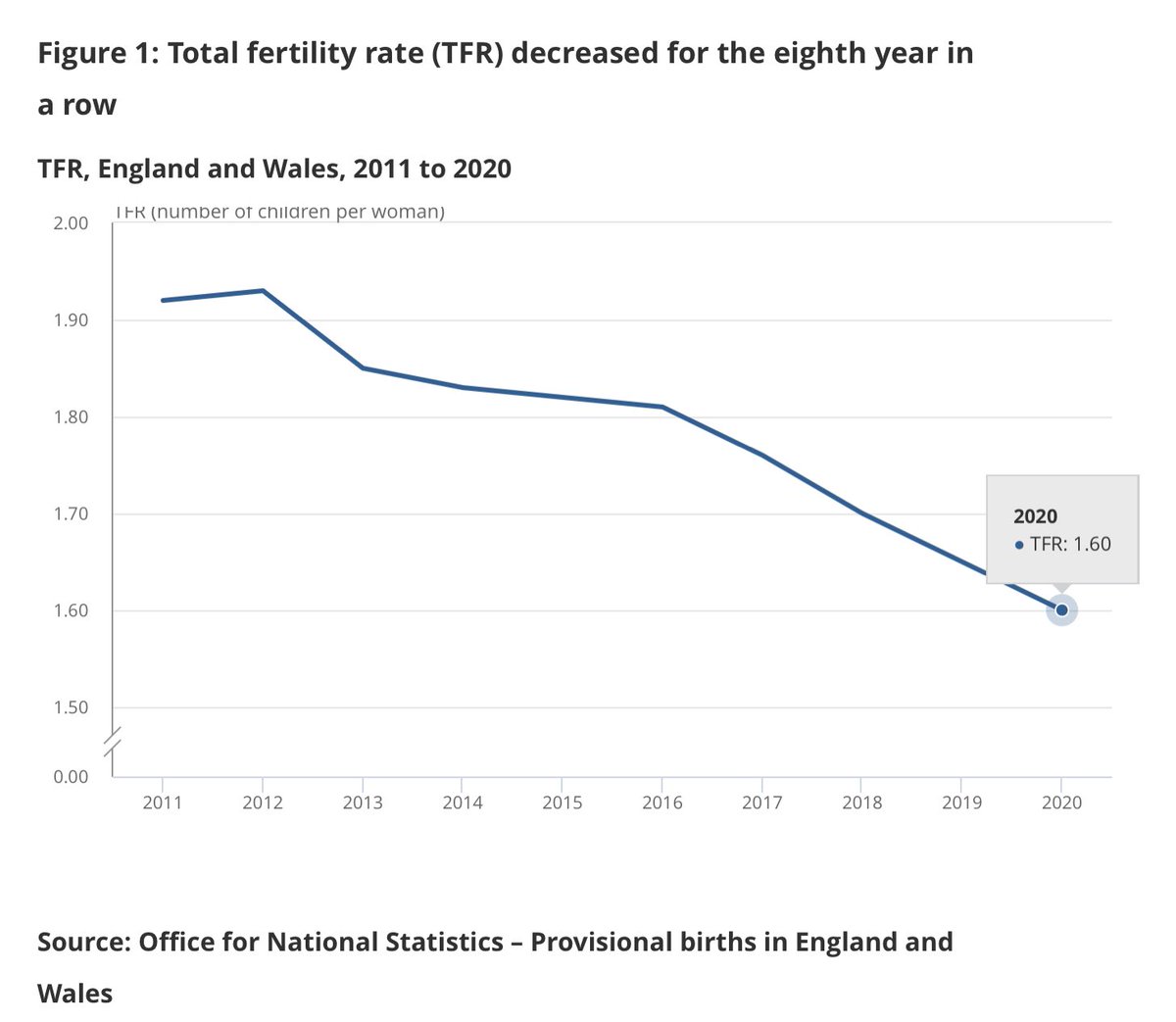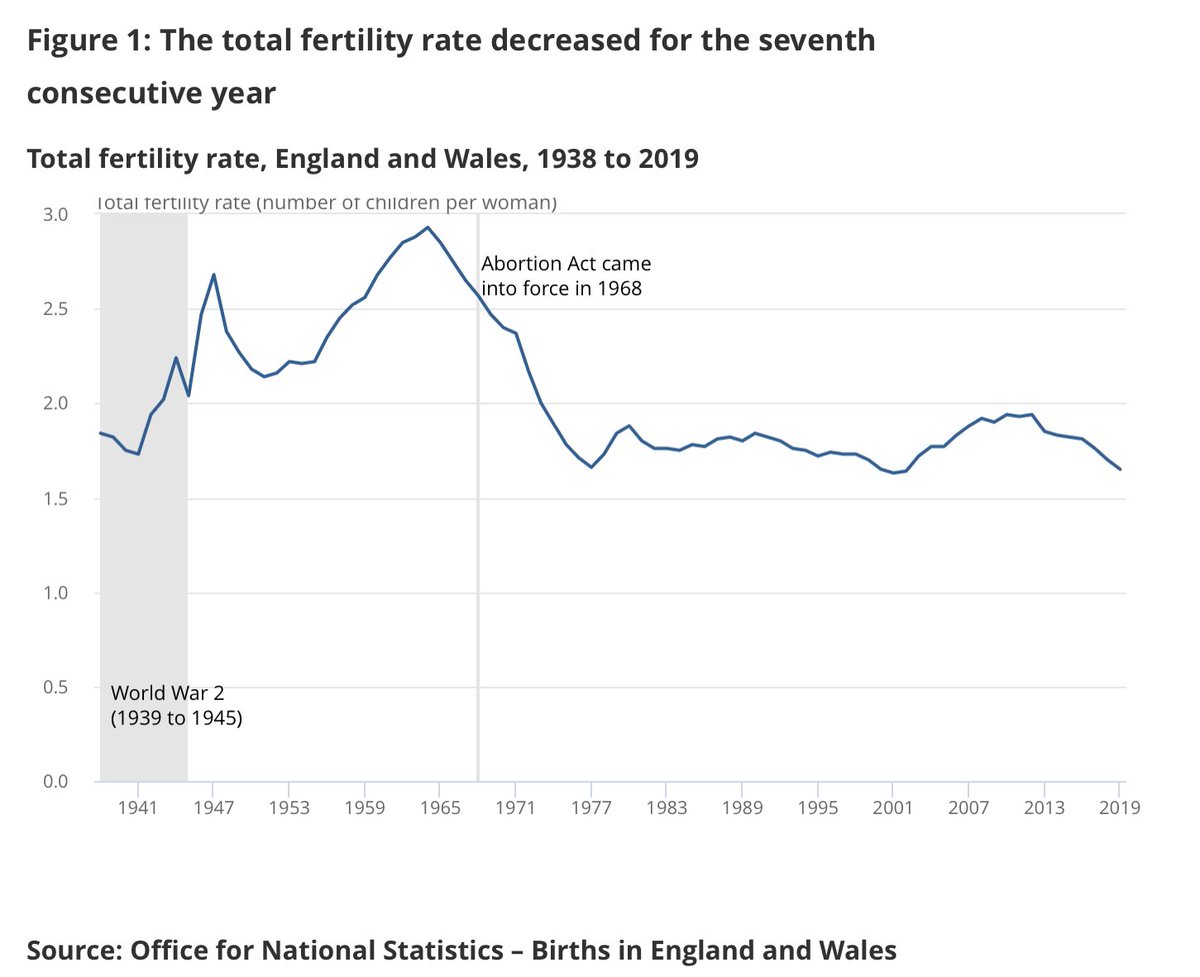
Since it’s a year on from lockdown and the second wave of excess mortality now seems to be over, a few datapoints on #COVID19 mortality in the UK.
Starting with this: we’re now at 149k deaths according to the @ONS measure (deaths where COVID mentioned on certificate)
Starting with this: we’re now at 149k deaths according to the @ONS measure (deaths where COVID mentioned on certificate)

Important to note this isn’t the only measure though: excess deaths, which is deaths from ALL causes vs 5yr historical average, puts the toll at 123k. We’ll get to why there’s a big difference in a moment. Even so: however you measure it we’re talking about high numbers of deaths 

Strikingly, on the basis of the most comprehensive @ONS #COVID19 figures, total #COVID19 deaths (149k in total). The second wave was far bigger than the first wave. 91k in the latest wave vs 58k in the first. 

Important to note a few provisos:
1. Second wave lasted slightly longer than first.
2. Actually in some senses it wasn’t a single wave: there was the autumn wave and then an Xmas/NYE surge prob connected with the new variant. So in a sense it was two waves in one
1. Second wave lasted slightly longer than first.
2. Actually in some senses it wasn’t a single wave: there was the autumn wave and then an Xmas/NYE surge prob connected with the new variant. So in a sense it was two waves in one
If you look specifically at excess deaths, the mortality from the first wave outweighed the second wave (for the time being). Why? In large part fewer people dying of other causes in second wave. Poss some would have died of something else if they hadn’t been killed by #COVID19 

Inevitably the question will resurface: how does the UK’s pandemic mortality compare with other countries? Is it the worst in the world? Short answer: no, but it’s AMONG the worst in the world. Longer answer: it depends on which series you look at. This is official COVID deaths 

But not all countries are declaring #COVID19 deaths as judiciously as the UK and most developed countries. Look at excess deaths - perhaps a better metric - and suddenly Peru and Russia top this depressing leaderboard. UK in 16th place. Not that that’s a “good” result 

• • •
Missing some Tweet in this thread? You can try to
force a refresh










